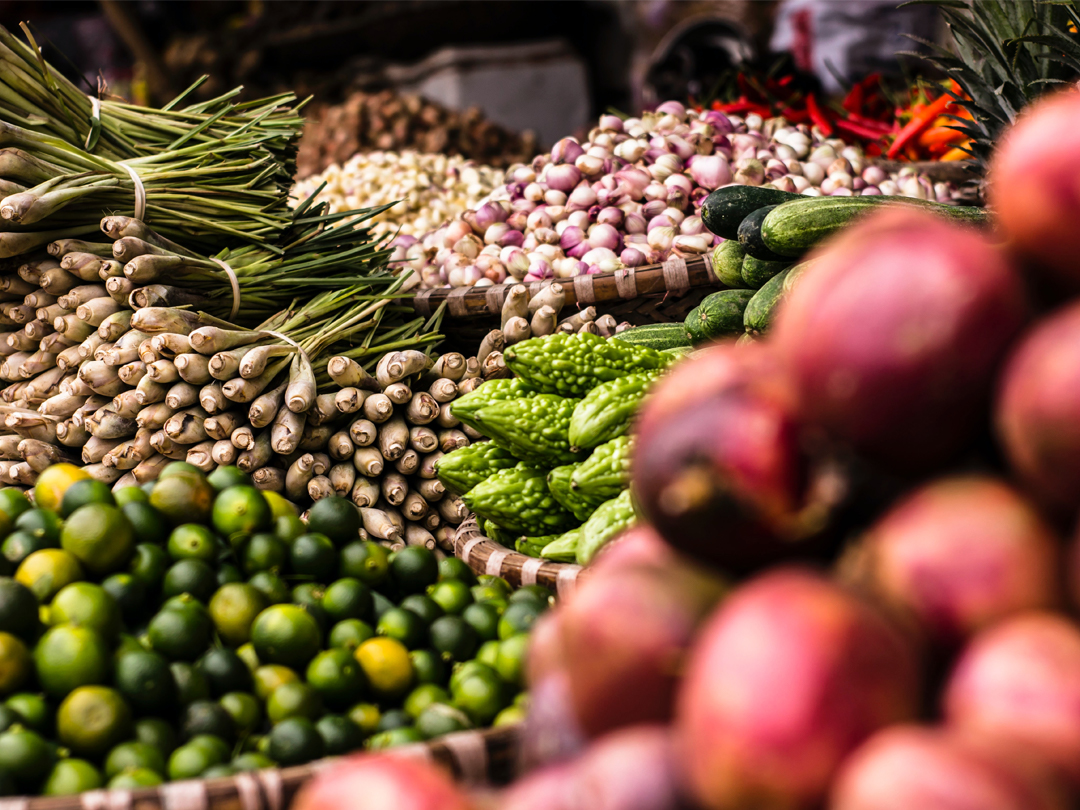How do race, class, and the environment influence food access and food choices? Using COVID 19 as the backdrop, this panel examines the state of food security and challenges in Gainesville: What are the barriers to food access in Gainesville? What are the political outcomes?
November 10th, 2020 at 6:30 pm
Meet the Moderator
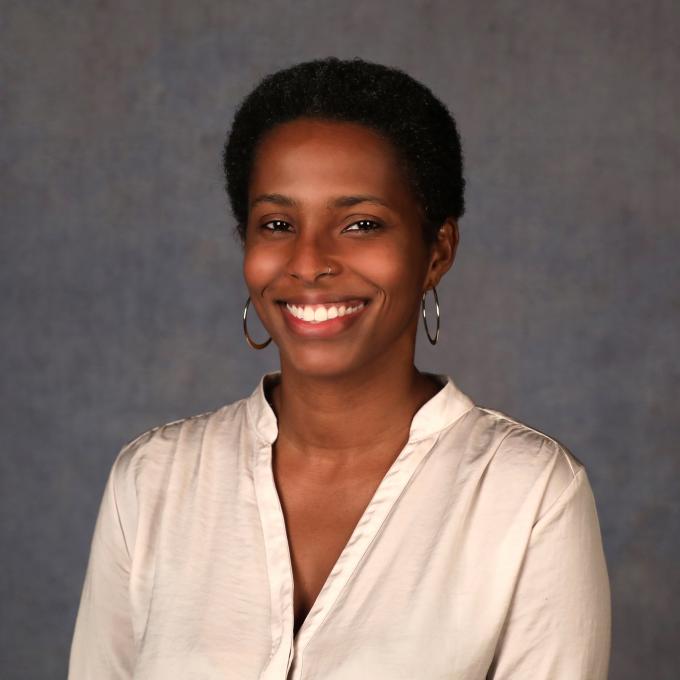
Dr. Mamyrah Prosper is a Visiting Assistant Professor of Africana Studies at Davidson College. Her doctoral research focused on a coalition of civil society organizations advocating for Haitian sovereignty and greater local control over development initiatives. Her work examines how national identity and collective action are shaped by intersecting dynamics of history, social class, education, and religion, particularly in the context of international involvement in Haiti.
She is currently completing a monograph titled Development Contested in Occupied Haiti: Social Movements, NGOs, and the Evangelical State, and her writing has appeared in both academic and public-facing publications. In addition to her academic work, she has been involved in community-based involvement focused on land and housing rights, and she currently serves as the International Coordinator for Community Movement Builders, where she contributes to transnational dialogue on grassroots organizing and local governance
Meet the Panelists
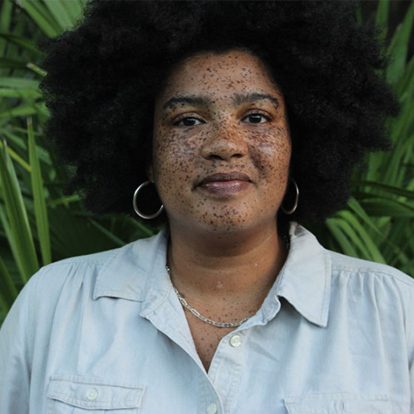
Dr. Diedre Houchen became the CSRRR Postdoctoral Associate in 2016. She has taught courses in the University of Florida’s College of Education on the history of education, teacher preparation, and the relationship between schooling and society. Her research explores the historical and contemporary intersections of education, policy, and social context in the United States. With professional experience as a youth advocate, program developer, and educator at both the middle and high school levels, she brings a practical and research-based perspective to issues in public education. Her work has been published in the areas of urban education, teaching, and learning.
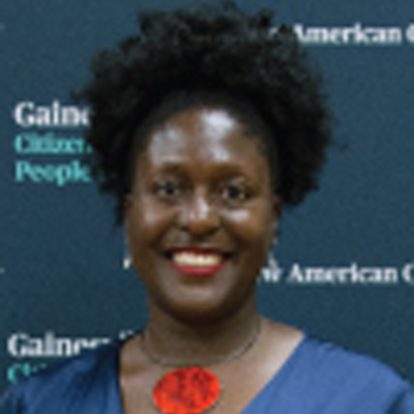
Gail Johnson spent her formative years in Gainesville and graduated from Eastside High School and the University of Florida. After founding and publishing an arts and culture magazine about Brooklyn, Gail moved back to Gainesville to raise Zora Sunshine. Gail’s grandparents moved to Gainesville over 40 years ago. Her grandfather was the President of the NAACP, and instilled a lifelong passion for education and a desire to build a better community in Gail. Gail is a small business owner with a passion for food and the local food movement, which she expresses through her catering company, delicious.delivered. As a working mother and entrepreneur, Gail understands the many challenges that working families face. As a commissioner, Gail will do more to create a Gainesville where everyone can enjoy the wonderful life and amenities we have here.
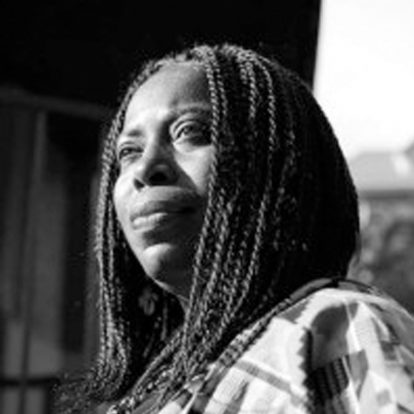
Carla Lewis-Miles She is a community leader and advocate focused on addressing the challenges facing neighborhoods experiencing rapid urban development and displacement pressures. With a background in nursing, she transitioned into community engagement after recognizing the impact of development practices on long-term residents and neighborhood stability. She collaborates with local, state, and national stakeholders to support policies that promote sustainable and inclusive approaches to urban planning, housing, and community well-being. Her work emphasizes the importance of equitable development and civic engagement in shaping healthy, resilient communities.
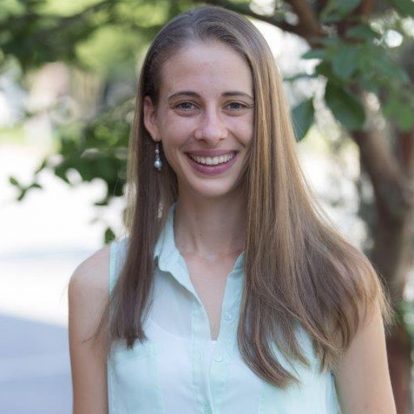
Karissa Raskin is the Civic Collaboration Specialist in the City of Gainesville’s Department of Strategic Initiatives. She works to foster collaboration between diverse local stakeholders in order to build mutually beneficial partnerships that can improve the wellbeing of our community. By crossing institutional boundaries and breaking down the silos that separate our community, Karissa strives to welcome all community members into the process of designing, developing, and implementing solutions that can solve some of the complex issues facing our communities.
Funding for this program was provided through a grant from Florida Humanities with funds from the National Endowment for the Humanities. Any views, findings, conclusions or recommendations expressed in this program do not necessarily represent those of Florida Humanities or the National Endowment for the Humanities.
